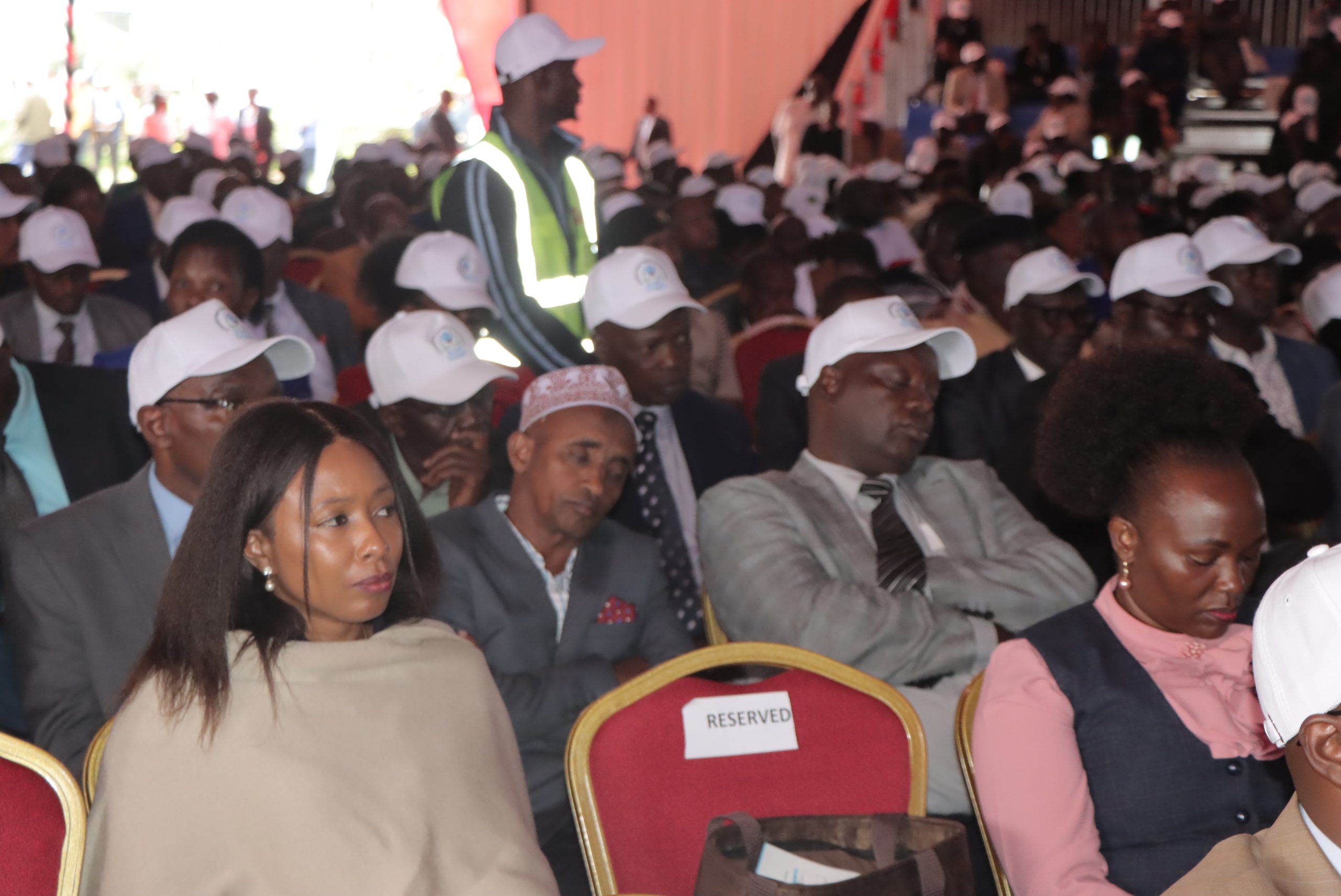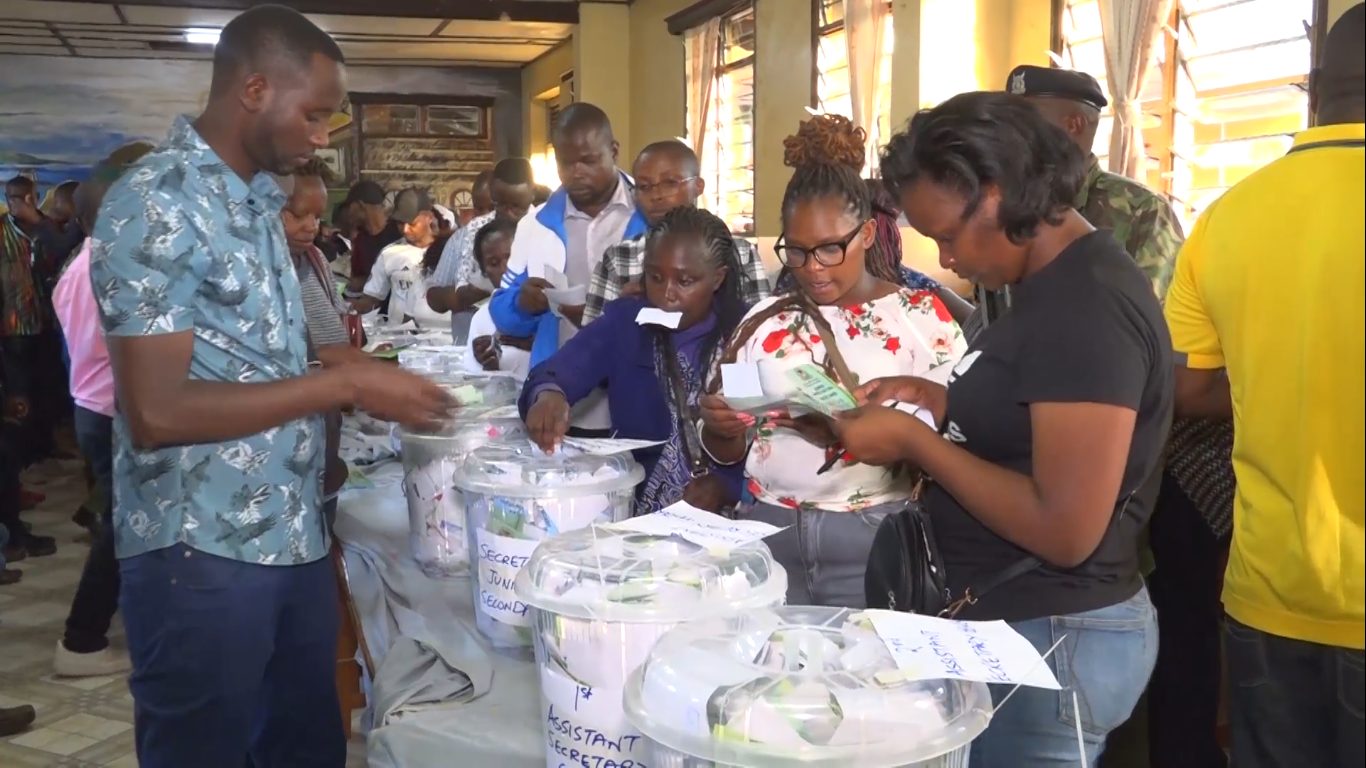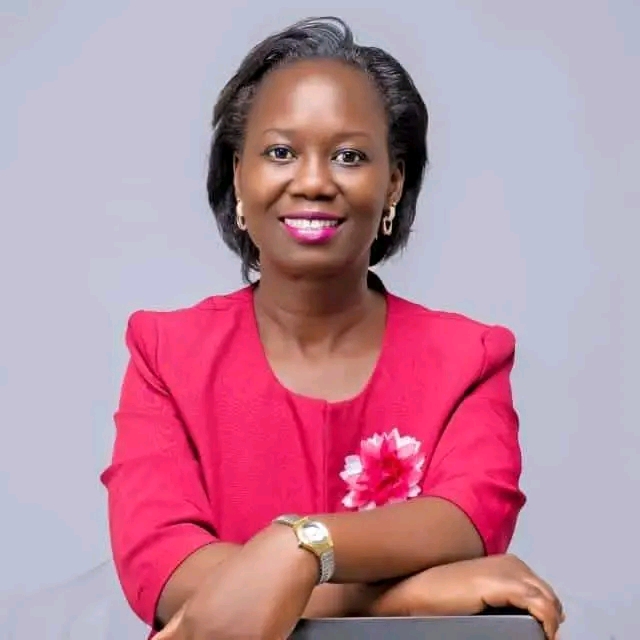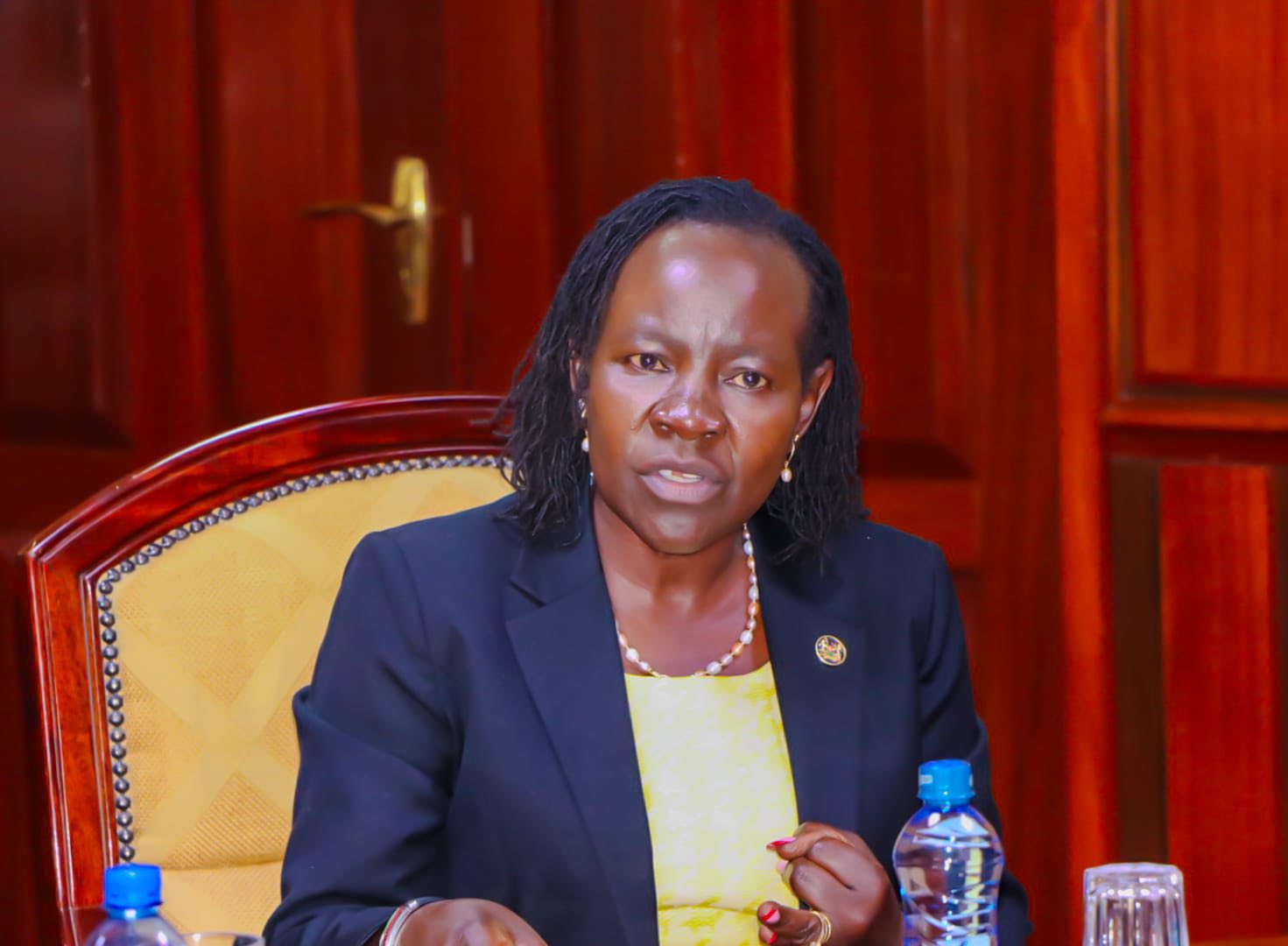Teachers Service Commission has retooled more than train 291,134 teachers to implement the Competency-Based Curriculum (CBC)
Speaking during National Conversation on Competency-Based Education (CBE) Peter Kega a director at TSC said out of the more than 291,134 teachers trained, primary teachers are from primary 229,292, 60,642 Junior Secondary School and 1,200 from Teachers trainings as by 25th April 2024.
Kega said the training has empowered the teachers for better implementation of CBE; the teachers are always involved curriculum circle.
After the trainings the teachers are also offered professional support as the training is a continuous process, the gov’t has so far offered professional support to 7,200 teachers across the country.
ALSO READ:
The government’s Digital Literacy Programme (DLP) aims to integrate technology into education, including in schools, and has made significant strides in implementing the initiative in the country.
The commission is offering capacity building to teachers on Digital Literacy Programme so far a thousand teachers have been trained on the same, in remote training methodology, teachers don’t have to be in class but learners are managed using different methods.
Digital literacy entails teachers from well-staffed schools with better facilities virtually sharing their classes with other institutions through live streaming classes, so far there are 180 satellite schools, learners get live lessons from 30 principle schools where teaching is carried out.
TSC has employed they have employed a total of 76,765 for junior schools, 56,765 teachers have been employed in permanent and pensionable terms , 20,000 are serving as interns, a number of teacher sin primary schools are qualified to teach in JSS schools and have been deployed to serve there.
By Obegi Malack
You can also follow our social media pages on Twitter: Education News KE and Facebook: Education News Newspaper for timely updates.
>>> Click here to stay up-to-date with trending regional stories
>>> Click here to read more informed opinions on the country’s education landscape






